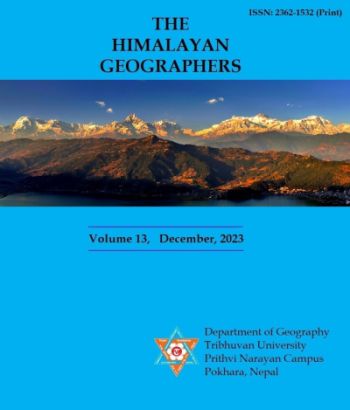Son Preference and Socialization in Nepali Society
DOI:
https://doi.org/10.3126/thg.v13i1.71346Keywords:
Gender, socialization, son preference, social, biological, sexAbstract
This study examines son preference in Nepal, revealing deep-rooted societal attitudes toward male and female children. Data were collected from 85 households through interviews and focus group discussions using stratified random sampling. Findings indicate a strong preference for sons, driven by cultural norms, economic factors, and familial responsibilities, regardless of parental education levels. Uneducated respondents expressed a heightened need for sons, while educated individuals offered more nuanced views. Daughters are valued for domestic roles and emotional support but face barriers to education and empowerment. Despite certain awareness of gender discrimination, opportunities for equality remain limited, with societal structures favoring male authority. The study underscores the need for comprehensive strategies to promote gender equity, emphasizing education and societal change.
Downloads
Downloads
Published
How to Cite
Issue
Section
License
Copyright (c) 2023 The Author(s)

This work is licensed under a Creative Commons Attribution-NonCommercial 4.0 International License.
This license enables reusers to distribute, remix, adapt, and build upon the material in any medium or format for noncommercial purposes only, and only so long as attribution is given to the creator.




